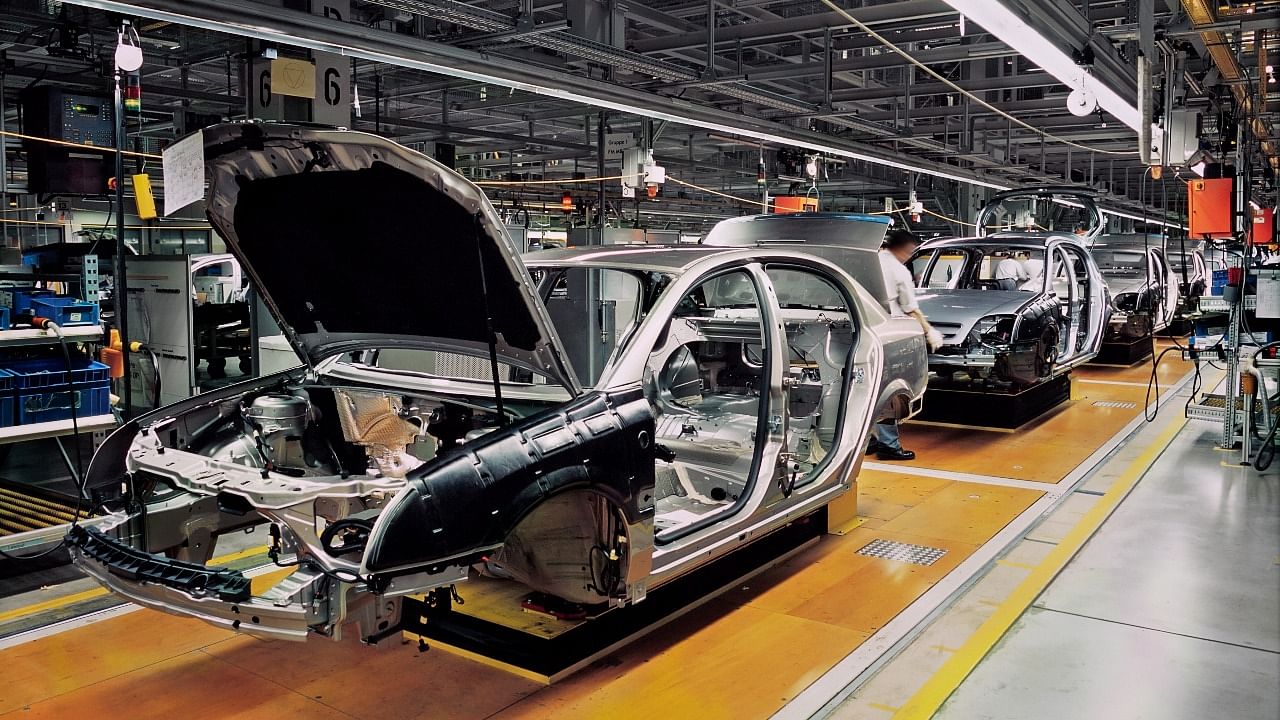
India’s auto component industry recorded a year-on-year growth of 35 per cent in the half year ending September 2022 (H1 FY2023) on the back of robust domestic demand, further helped by easing supply-side constraints, even as the growth in exports to Europe and US slowed down drastically.
The turnover for H1 FY2023 stood at Rs 2.65 lakh crore as against Rs 1.97 lakh crore in the corresponding period last year, as per data released by industry body Automotive Component Manufacturers Association of India (ACMA) on Wednesday. The industry’s turnover comes from components sales to automobile manufacturers, aftermarket operations and exports.
The balance of trade for H1 FY23 was surplus last year to the tune of up to $600 million. This year, however, it barely managed an equilibrium with the growth of exports rocked by the ongoing Russia-Ukraine conflict and looming recession fears in Europe and the US.
“We are also bracing for a certain slowdown in the US, due to recession fears,” said ACMA president Sunjay Kapur.
The growth in turnover this year was largely driven by record sales in the passenger vehicles segment at home.
“In the first half, 47 per cent of our revenue from supply to the OEMs, came from passenger vehicles as against 38 per cent in the same period last fiscal,” said ACMA Director General Vinnie Mehta.
The strong domestic demand is expected to make up for some of the lost export opportunities in Europe and the US, said Kapur.
Though indigenisation remains one of the top priorities for the industry, an increasing electric vehicle (EV) penetration has led to a rise in electronic purchases from outside India, translating into higher import bills.
For imports, India continues to heavily rely on China with 30 per cent of the foreign purchases coming from the country in H1 FY2023 as against 27 per cent in H1 FY22. This comes at a time when the neighbouring nation is going through a resurgence of Covid-19 infections which could likely impair India’s imports. However, Kapur said “it is too soon to say” how the situation will impact the world’s fourth-largest auto market.